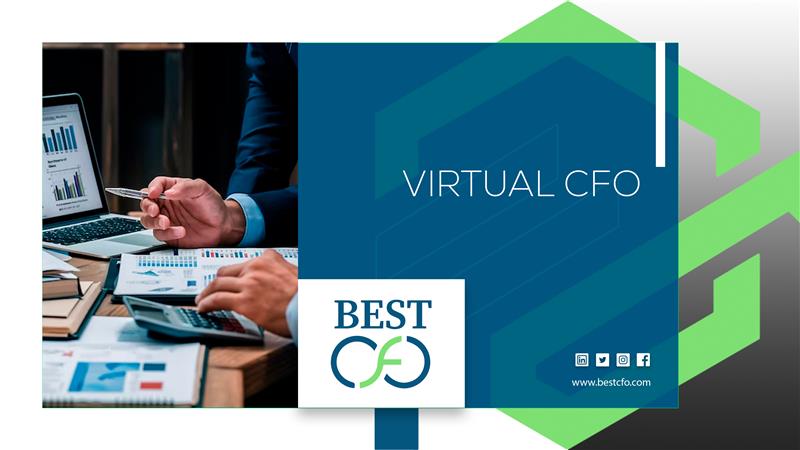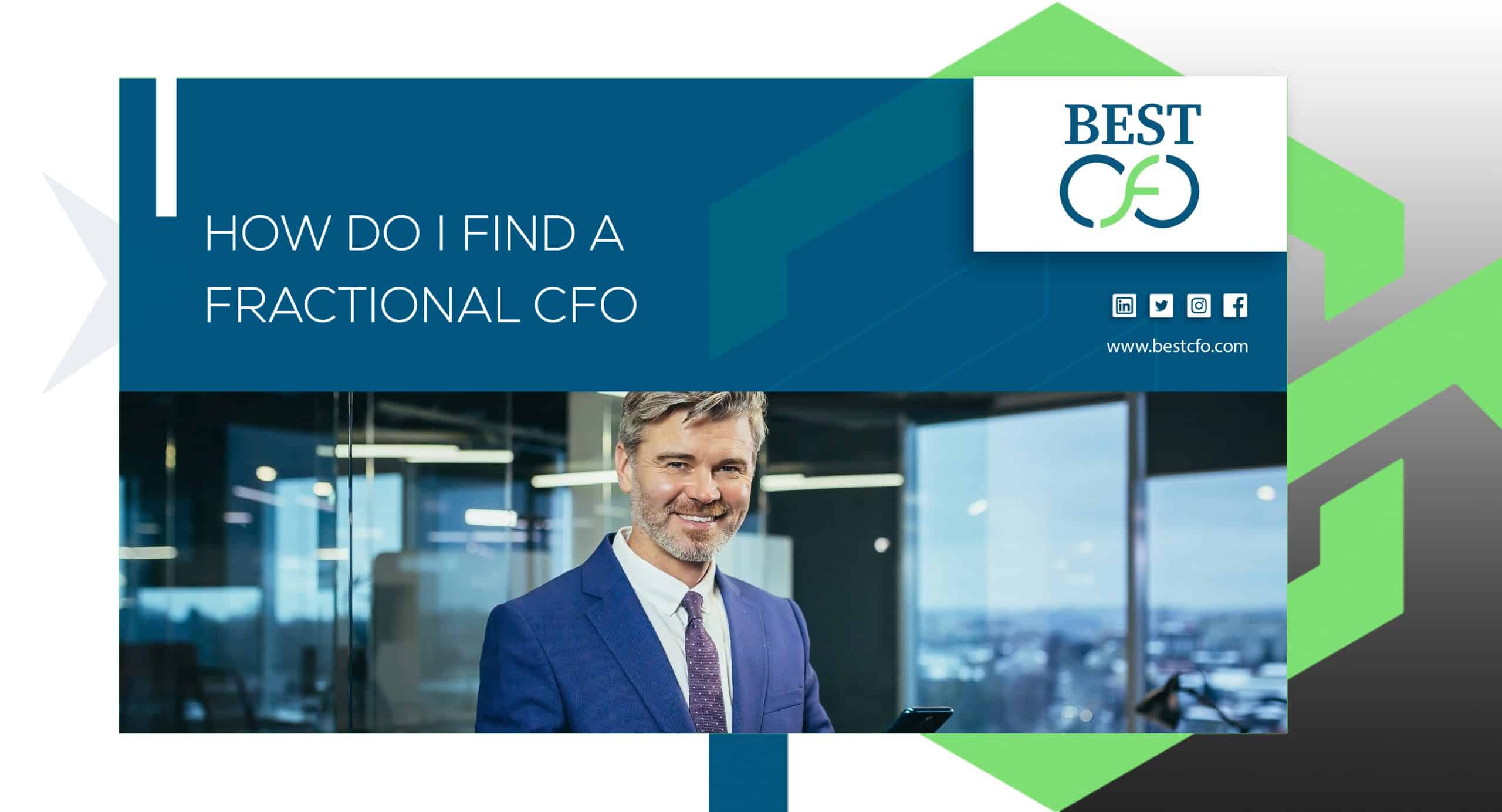
The Virtual CFO Advantage: How to Find the Right Partner?
Running a business is like driving a car – you need to know where you’re going and how to get there. Just like a car needs fuel, a business needs money to run. For many small businesses, hiring a full-time CFO is too expensive. That’s where a virtual CFO comes in. They’re financial advisors who help your business from afar.
Let’s find out how to choose the right one!
What is a Virtual CFO?
A virtual CFO is a financial professional who works from home. They can give your business smart advice about money and planning. You can hire them part-time or for specific services, just like you would a regular employee.
A virtual chief financial officer (CFO) can help small businesses plan for the future, make budgets, and manage money. These services are especially helpful for startups that need financial advice but don’t have much money to spend.
Why Consider a Virtual CFO?
Hiring a virtual CFO is becoming an increasingly popular option for small businesses and startups across the U.S., especially in bustling areas like Brooklyn, New York. Here’s why:
1. Cost-Effective Solution
With a virtual CFO, you only pay for the services you need—whether that’s a few hours a week or a specific project. This flexibility allows you to scale your financial support based on your business’s current needs and budget.
2. Access to Expertise
A virtual CFO brings a wealth of experience and knowledge to your business. They often have worked across multiple industries and business sizes, offering fresh insights and strategies that can be instrumental in driving growth.
3. Scalable Services
As your business grows, so can the services of your virtual CFO. Whether you need more frequent support as your business expands or specific advice for new opportunities like mergers and acquisitions, your virtual CFO can adapt accordingly.
4. Focus on Strategic Growth
By handling financial planning, reporting, and forecasting, a virtual CFO helps steer your business toward its long-term goals. These services will leave you free to concentrate on daily operations.
5. Objective Financial Oversight
They can quickly spot inefficiencies, suggest improvements, and offer solutions to financial challenges. This impartial viewpoint is invaluable for business owners who are too close to the day-to-day operations to see the bigger financial picture.
How to Find the Right Virtual CFO Partner
Selecting the right virtual CFO for your business isn’t a one-size-fits-all process. Here’s how you can find the best fit for your financial needs:
Identify Your Business Needs
Before starting your search, be clear about what you need from a virtual CFO. Do you need help with routine tasks like bookkeeping and financial reporting, or are you looking for strategic advice or similar services to grow your business, manage fundraising, or handle more complex financial planning?
Look for Industry-Specific Experience
While every virtual CFO will have strong financial knowledge, it’s helpful to find someone who knows your industry. A CFO with experience in your field will understand the unique financial challenges and can provide more relevant insights.
Assess Their Communication Style
When talking to potential candidates, pay attention to how they explain things. Are they able to communicate complex ideas simply? Ask for examples of reports they’ve done for other clients to see if their style matches what you’re looking for.
Confirm Their Availability
Ask about their current workload and availability. Can they commit to regular meetings and deliver reports on time? If your business is growing fast, you’ll want to be sure your CFO can handle the increased workload during busy periods.
Ask for Case Studies and References
A proven track record is vital when choosing a virtual CFO. Don’t hesitate to ask for case studies or references from previous clients. This will give you an idea of their past services and whether they can deliver the value your business needs.
For instance, ask how they’ve helped other businesses, whether in Brooklyn or across the U.S., with improving cash flow, securing funding, or handling rapid expansion.
Fractional CFO vs. Virtual CFO: What’s the Difference?
It’s worth noting the difference between a fractional CFO and a virtual CFO. A fractional CFO typically works part-time, either remotely or on-site, and divides their time between multiple companies. A virtual CFO works entirely remotely and often offers more flexible arrangements.
Both options provide high-level financial oversight, but the virtual CFO offers more flexibility in terms of hours and location, making it ideal for businesses that need expertise without a full-time commitment.

Should You Hire a Virtual CFO, Bookkeeper, or Full-Time CFO?
A virtual CFO is not the same as a bookkeeper. While bookkeepers manage day-to-day transactions and records, a virtual CFO focuses on strategy and big-picture financial planning. If your business is small and you only need basic financial record-keeping, a bookkeeper might be sufficient. However, if you need strategic guidance to grow your business or manage more complex financial operations, a virtual CFO is the way to go.
On the other hand, if your business is large enough to require constant financial oversight, you might consider hiring a full-time in-house CFO. However, for most small and medium-sized businesses, a virtual CFO offers the perfect balance of flexibility and financial expertise.
Need the top professionals to handle your work? Consult Best CFO.
Key Takeaway!
Hiring a virtual CFO can be a big help for small and medium-sized businesses. They can help your business save money, grow, and make smart financial decisions. This is a great option for businesses in Brooklyn, New York, and all over the U.S.
Post a comment Cancel reply
Related Posts
How do I find a Fractional CFO
How do I find a Fractional CFO for Startups? Top fractional CFO services A fractional…
How to Choose a CPA
The 5 Best Practices for Cashflow Management A robust cash flow management is important for…
CFO vs CPA
Understanding the CFO (Chief Financial Officer) Responsibilities The job of a chief financial officer is…
Understanding the CFO Responsibilities
Understanding the CFO (Chief Financial Officer) Responsibilities The job of a chief financial officer is…
 Demos
Demos  Colors
Colors  Docs
Docs  Support
Support 














